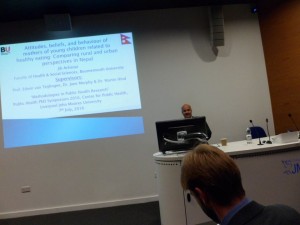 Mr. Jib Acharya (FHSS) gave an interesting presentation yesterday about the qualitative research findings of his PhD at Liverpool John Moores University. Jib’s PhD research focused on the knowledge, attitudes and beliefs of poor women in Nepal about healthy eating and the study also identifies major food barriers.
Mr. Jib Acharya (FHSS) gave an interesting presentation yesterday about the qualitative research findings of his PhD at Liverpool John Moores University. Jib’s PhD research focused on the knowledge, attitudes and beliefs of poor women in Nepal about healthy eating and the study also identifies major food barriers.
His mixed-methods approach combines a quantitative questionnaire survey with qualitative research. Jib’s research project is supervised by Dr. Jane Murphy, Dr. Martin Hind and Prof. Edwin van Teijlingen. Some of the preliminary findings of this FHSS thesis have already been published in two scientific journals [1-2].
References:
- Acharya, J., van Teijlingen, E., Murphy, J., Hind, M. (2015) Assessment of knowledge, beliefs and attitudes towards healthy diet among mothers in Kaski, Nepal, Participation 17(16): 61-72.
- Acharya, J., van Teijlingen, E., Murphy, J., Hind, M. (2015) Study of nutritional problems in preschool aged children in Kaski District in Nepal, Journal of Multidisciplinary Research in Healthcare 1(2): 97-118. http://dspace.chitkara.edu.in/jspui/bitstream/1/560/1/12007_JMRH_Acharya.


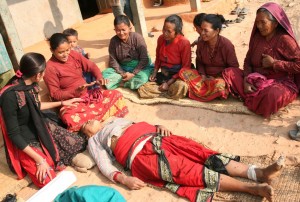
 Andrew Harding and Colin Pritchard have recently had a paper published in the
Andrew Harding and Colin Pritchard have recently had a paper published in the 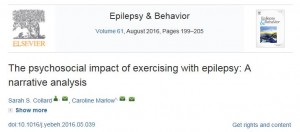
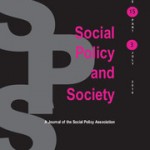 HSS PhD student Andrew Harding and fellow authors Jonathan Parker, Sarah Hean and Ann Hemingway have recently had a paper accepted for publication in Social Policy & Society, the sister publication to the Journal of Social Policy and run by the Social Policy Association.
HSS PhD student Andrew Harding and fellow authors Jonathan Parker, Sarah Hean and Ann Hemingway have recently had a paper accepted for publication in Social Policy & Society, the sister publication to the Journal of Social Policy and run by the Social Policy Association.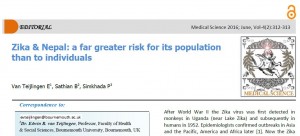
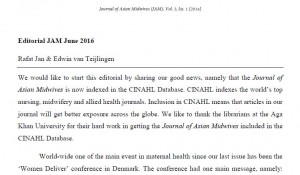
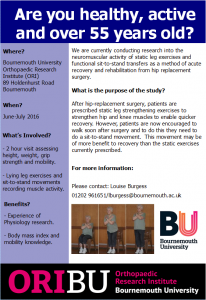
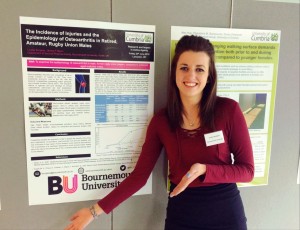
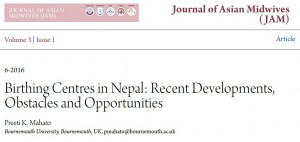
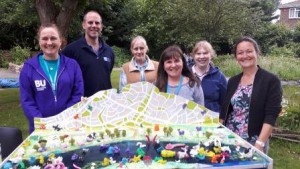
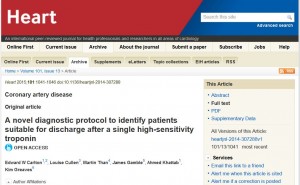
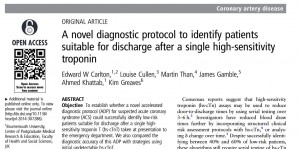

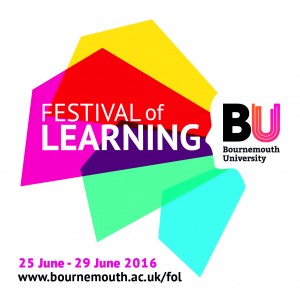

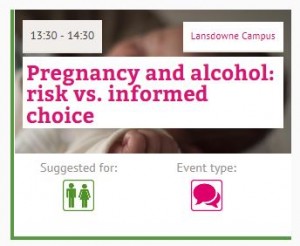
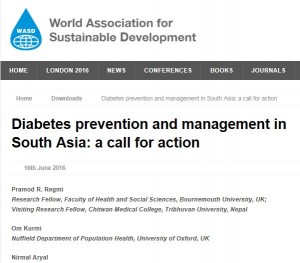
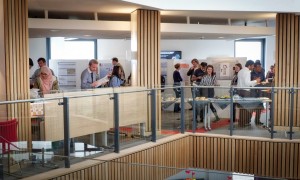

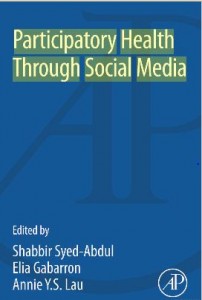
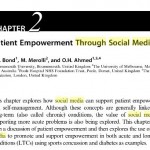
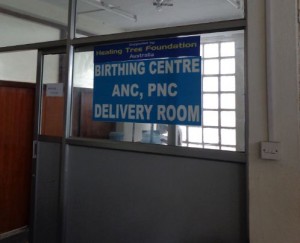

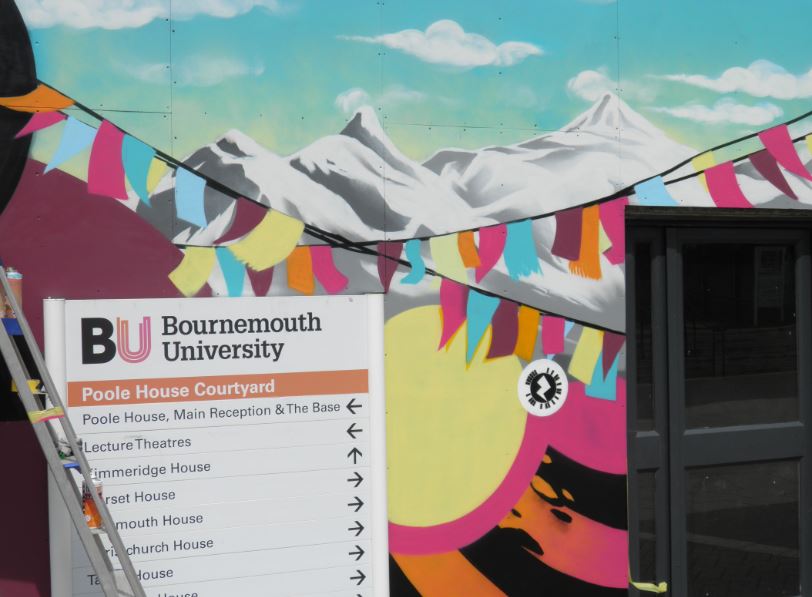
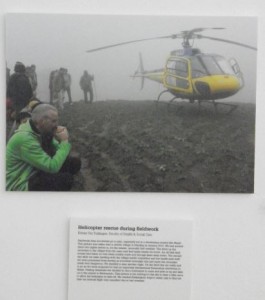











 New CMWH paper on maternity care
New CMWH paper on maternity care From Sustainable Research to Sustainable Research Lives: Reflections from the SPROUT Network Event
From Sustainable Research to Sustainable Research Lives: Reflections from the SPROUT Network Event REF Code of Practice consultation is open!
REF Code of Practice consultation is open! ECR Funding Open Call: Research Culture & Community Grant – Apply now
ECR Funding Open Call: Research Culture & Community Grant – Apply now ECR Funding Open Call: Research Culture & Community Grant – Application Deadline Friday 12 December
ECR Funding Open Call: Research Culture & Community Grant – Application Deadline Friday 12 December MSCA Postdoctoral Fellowships 2025 Call
MSCA Postdoctoral Fellowships 2025 Call ERC Advanced Grant 2025 Webinar
ERC Advanced Grant 2025 Webinar Update on UKRO services
Update on UKRO services European research project exploring use of ‘virtual twins’ to better manage metabolic associated fatty liver disease
European research project exploring use of ‘virtual twins’ to better manage metabolic associated fatty liver disease